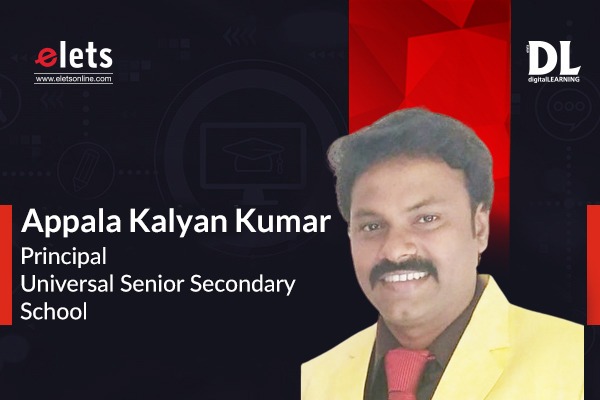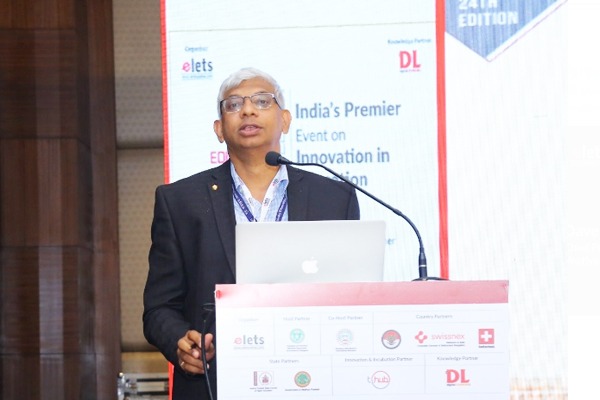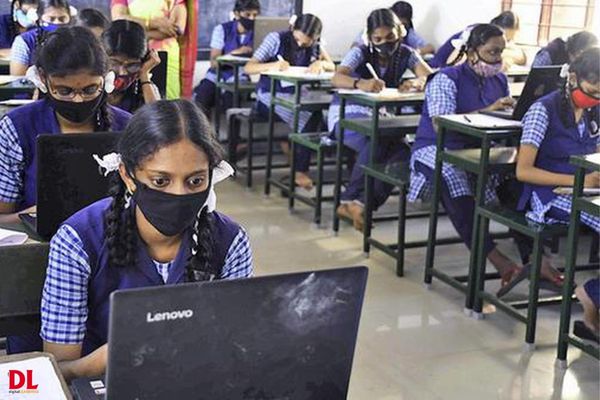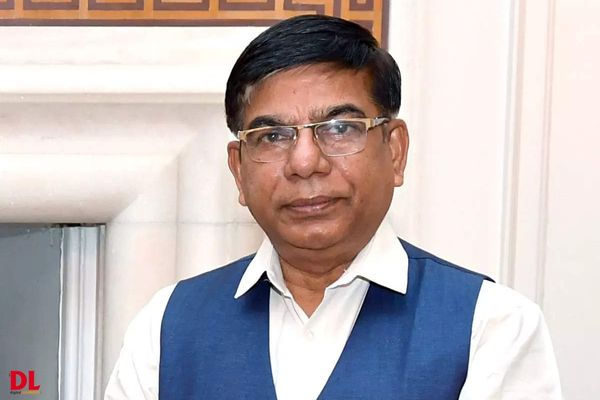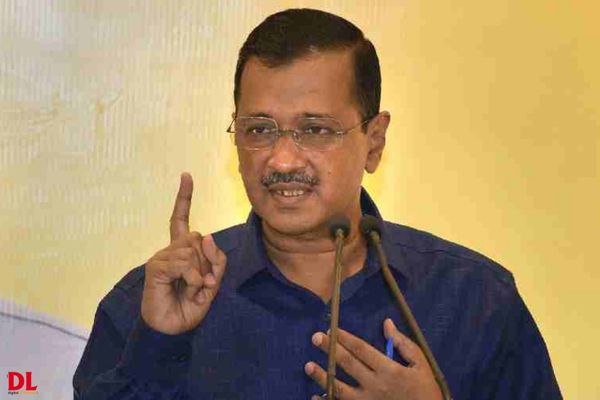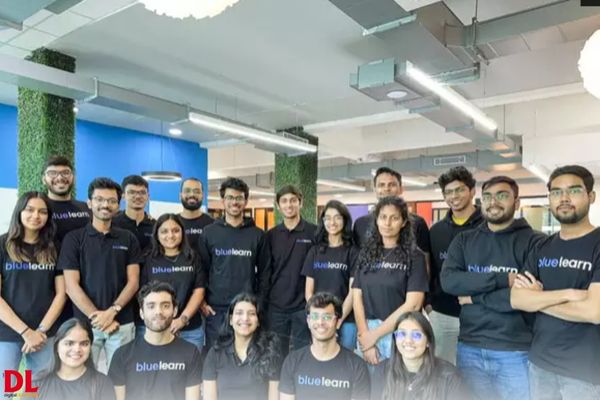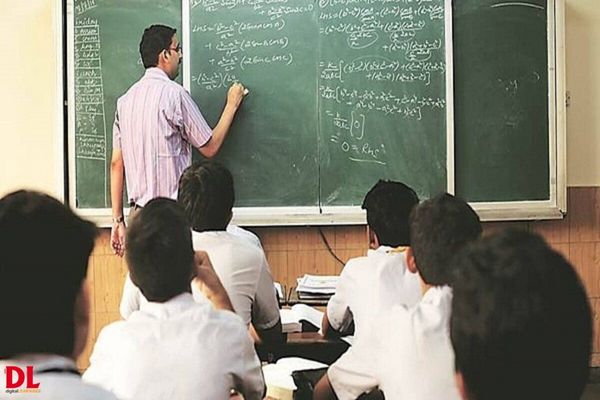AI and ML in education can have many benefits, but it is important to consider the negative effects and make sure the technology is used ethically and responsibly.
Positives:
- Better personalization and efficiency: AI and ML can help create unique learning experiences for each student, making their education better and more efficient.
- More accessibility to education: AI and ML can bring education to remote and underprivileged communities, making education more accessible to more people.
- Better teachers: AI and ML can help teachers by freeing up their time, allowing them to focus on helping students with personalised feedback and guidance.
- Improved decision-making: AI and ML can analyse lots of data to find patterns and trends, which can improve educational programmes and policies.
Negatives:
- Bias and unfairness: If AI and ML are trained on biased data, they can make unfair decisions affecting students’ education.
- Teacher job loss: AI and ML may replace human teachers, causing job loss and unemployment in education.
- Less creativity and critical thinking: Relying too much on AI and ML for learning and assessment may limit students’ ability to be creative and think critically.
- Technical problems: AI and ML can sometimes make mistakes because of the quality of data they are trained on.
What are new-age education and the implementation of technology? What is its impact on the traditional education system?
New-age education is a modern way of teaching that uses technology and innovative teaching methods. In India, the traditional education system is changing due to technology, making learning easier and more accessible for students. Online and virtual classrooms have become popular, allowing students to learn at their own pace and communicate with teachers and other students.
Online and virtual classrooms have become increasingly popular in recent years due to the integration of technology in education. These platforms allow students to attend classes from anywhere and at any time, providing them with greater flexibility and convenience.
In virtual classrooms, students can access course materials, participate in discussions, and receive teacher feedback, just as they would in an old classroom setting. Online classes also allow for a more personalised learning experience, as students can work at their own pace. They can access lessons as often as needed.
Moreover, virtual classrooms provide opportunities for students to collaborate and communicate with their peers and teachers, breaking down traditional barriers and promoting cross-cultural understanding. Online classes can also allow students to connect with teachers and other students from around the world, providing them with unique learning experiences and perspectives they might not otherwise have access to.
However, not everyone has access to technology and there are concerns about the quality of online education.
The unequal distribution of technology and access to the internet is one of the biggest challenges of new-age education in India. Many students, especially those living in rural areas or from low-income families, may not have the necessary technology and internet connection to participate in online classes and take advantage of the benefits of new-age education.
Another concern is the quality of online education. While online learning platforms and virtual classrooms provide students with greater flexibility and access to resources, they may not be able to replace the face-to-face interaction and hands-on learning experiences provided by traditional classroom-based education. Online education can also be prone to distractions and lack of motivation, and students may not receive the same level of support and guidance as they would in a traditional classroom setting.
Furthermore, there are concerns about the quality of online content and the potential for students to cheat or engage in other unethical behaviours in an online environment. These factors highlight the importance of careful planning and implementation of technology in education to ensure that students receive a high-quality education that prepares them for the future.
Despite these challenges, new-age education has the potential to improve education in India if used properly.
Views expressed by Appala Kalyan Kumar, Principal, Universal Senior Secondary School






